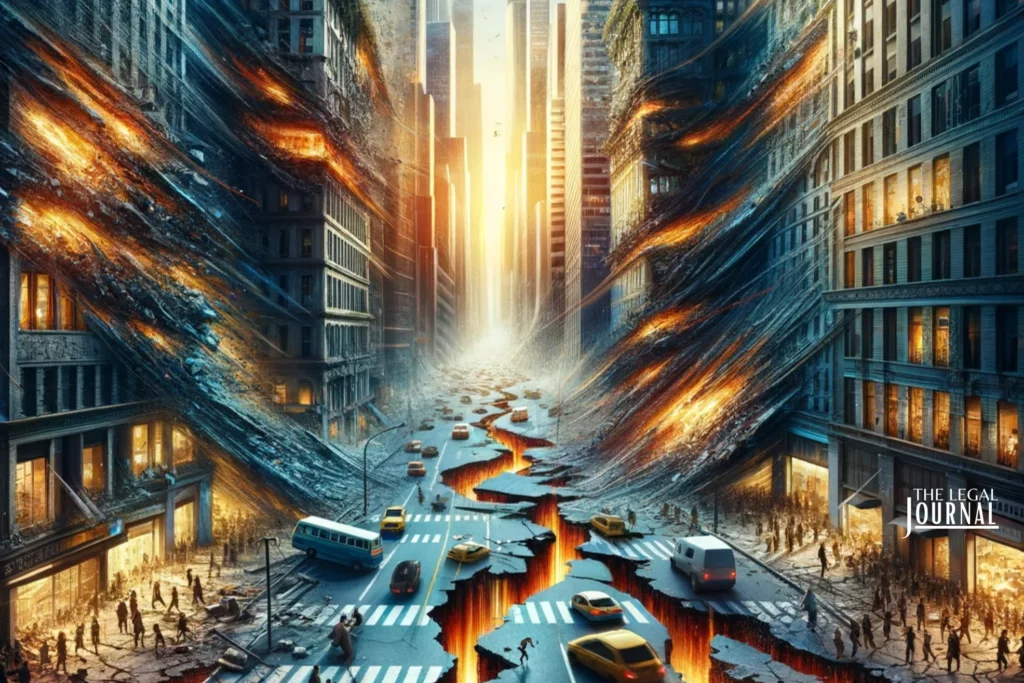The Long Valley Caldera: A Geological Phenomenon with Contemporary Implications
As California’s Long Valley Caldera garners scientific interest due to its sporadic earthquake swarms, recent studies have brought a measure of reassurance regarding the supervolcano’s activity. However, alongside the reduced likelihood of a catastrophic eruption, it’s crucial to consider potential property damage and legal implications that can stem from such geological phenomena.
The Long Valley Caldera is a colossal geological formation with a history of significant volcanic activity. In recent years, the discovery of a “massive lid” over its magma chamber has indicated a decrease in the potential for a supervolcanic eruption, shifting the focus to the caldera’s seismic activity and its implications for the surrounding communities.
Key Points:
- Earthquake swarms in the Long Valley Caldera are linked to the release of gases from a solidified magma layer.
- The risk of a supervolcanic eruption akin to the ancient cataclysmic event appears mitigated by the current geological conditions.
- Continuous seismic activity, while not signaling an impending mega-eruption, may still lead to property damage and legal consequences.
- Scientific advancements in monitoring techniques enhance earthquake prediction capabilities, potentially reducing legal liabilities.
- Legal frameworks must evolve in tandem with scientific understanding to address the rights and safety of affected individuals.
The earthquake swarms associated with the Long Valley Caldera, though not indicators of a massive eruption, can still cause significant property damage. With each tremor, there is a risk to buildings, infrastructure, and critical services. Property owners may face substantial financial burdens due to repairs, loss of property value, and increased insurance premiums.
From a legal standpoint, the activity of the Long Valley Caldera could lead to various implications. If property damage occurs, questions of liability and compensation arise. Insurance disputes may become more frequent as policyholders and insurers assess the coverage for earthquake-related damages. Additionally, if future studies were to indicate an increased risk of significant volcanic activity, land use and zoning laws might require adjustments, potentially leading to legal disputes between property owners, developers, and local governments.
The legal ramifications extend beyond property law into the realm of public safety and emergency response. Regulatory bodies may need to implement more stringent building codes and disaster preparedness plans to mitigate risks. Non-compliance with such regulations could result in legal action from government entities or civil lawsuits from those affected by negligence.
The Long Valley Caldera serves as a vivid reminder of the dynamic nature of our planet. While recent findings offer a semblance of relief regarding the possibility of a supervolcanic eruption, the ongoing seismic activity underscores the need for continued vigilance. It is imperative for scientific research to inform legal and regulatory measures, ensuring the protection of people, property, and the environment. As we advance in our geological understanding, we must also adapt our legal frameworks to effectively respond to the challenges posed by these powerful natural forces.



